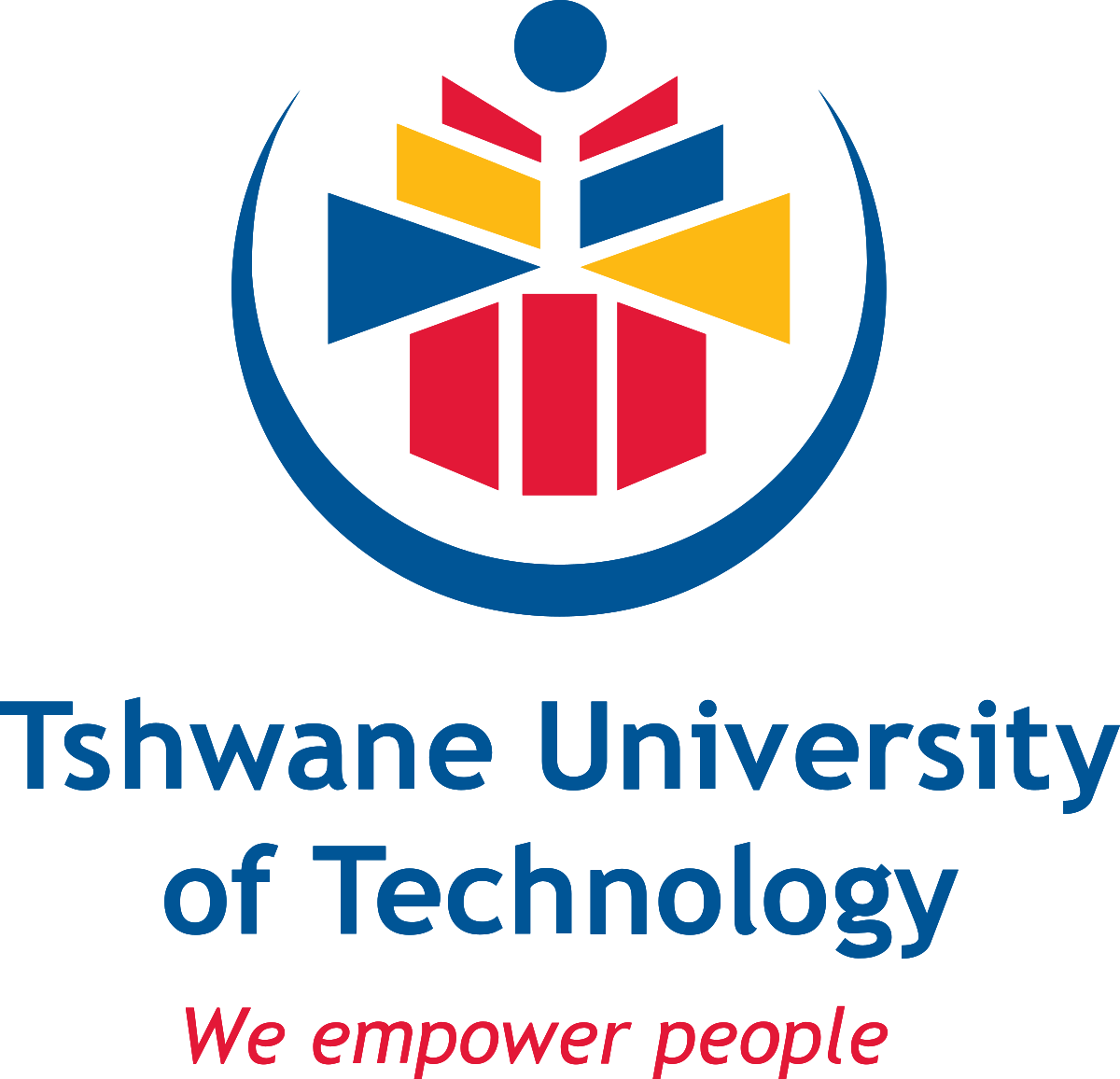FIP, as the global leader for pharmacy, has taken the initiative to build the “FIP World List of Pharmacy Schools”, which will be the most comprehensive and up-to-date list of pharmacy institutions from around the world. This global list is intended to guide all pharmacy stakeholders, from students to policymakers, in assessing the appropriateness and effectiveness of pharmacy education strategies. The availability, completeness and quality of FIP’s World List of Pharmacy Schools means it will provide a unique source of information for pharmaceutical workforce policies, procedures and plans.
Further background on the FIP World List of Pharmacy Schools:
The FIP World List of Pharmacy Schools is an initiative to monitor pharmaceutical capacity and capability, similar to those of many other global organisations, such as the World Medical Schools List held by the World Medical Association. Given 2021 is the World Health Organization’s Year of Health and Care Workers, the need for our global organisations to demonstrate increased capacity in all health workers is key to ensure our professions are not further diminished but amplified.
FIP is a founder member of the World Health Professions Alliance (WHPA) with doctors, nurses, dentists, and physiotherapists. All WHPA members have been requested to feedback their schools’ status to the WHO as part of pandemic preparedness, and FIP having a list of accredited pharmacy schools will help to identify where schools may be needed and created to ensure long-term pharmaceutical workforce capacity.

Tshwane University of Technology
The Tshwane University of Technology (TUT) is the largest contact University in South Africa, with seven faculties offering programmes in science, engineering and technology, business and management, education, humanities and the arts. TUT has been involved with the education and training of pharmacists in South Africa, since the early 1960’s, offering a Diploma in Pharmacy at the then Technikon Pretoria. The Bachelor of Pharmacy Programme has transitioned and is delivered using the problem-based learning mode of teaching.
The Department of Pharmaceutical Sciences at the Tshwane University of Technology strives to educate and train pharmacy personnel for a professional career answering to the medicine-related health care needs of the community, the changing environment and the labour market and to carry out research and development that are geared towards the human resource needs of the country. The focus of the department is on all the disciplines of pharmacy including pharmaceutics, pharmaceutical chemistry, public health, clinical and pharmacy practice. The department is research intensive and community oriented. Teaching and learning is at the core of the operation of the department.
We achieve this Vision and Mission through:
• the provision of quality education and training to all pharmacy personnel at the further education and training, undergraduate and postgraduate levels, in all pharmacy sectors, by addressing the final outcomes identified in the scope of practice for pharmacists.
• the delivery of human resources of high quality, with clear professional and career ethics and an entrepreneurial approach, with the ultimate purpose of improving the health status of the communities of Southern Africa by providing a pharmaceutical service based on the philosophy of pharmaceutical care.
• addressing the need for diversity in the student body and the need for the acquisition of life skills and academic support for previously disadvantaged groups and individuals.
• the creation and optimal utilisation of quality resources in the various faculties and centres of the Tshwane University of Technology, and in practice sites in all pharmacy sectors to offer a balanced student life and support excellence in professional and career education.
• offering a service in cooperation with the professional body, statutory councils and government departments to promote the concept of continuous professional development and life-long learning for all pharmacists.
• regular consultation with all stakeholders on the relevance of the curriculum, methods of education and training and learning strategies to meet the needs of the community, the profession, and the labour market.
• providing specialised pharmaceutical analysis and formulation facilities and services to industry and other organisations.
• effective and productive management of the Department of Pharmaceutical Sciences at the Tshwane University of Technology as a flagship of professional and career-directed education and entrepreneurial development.
